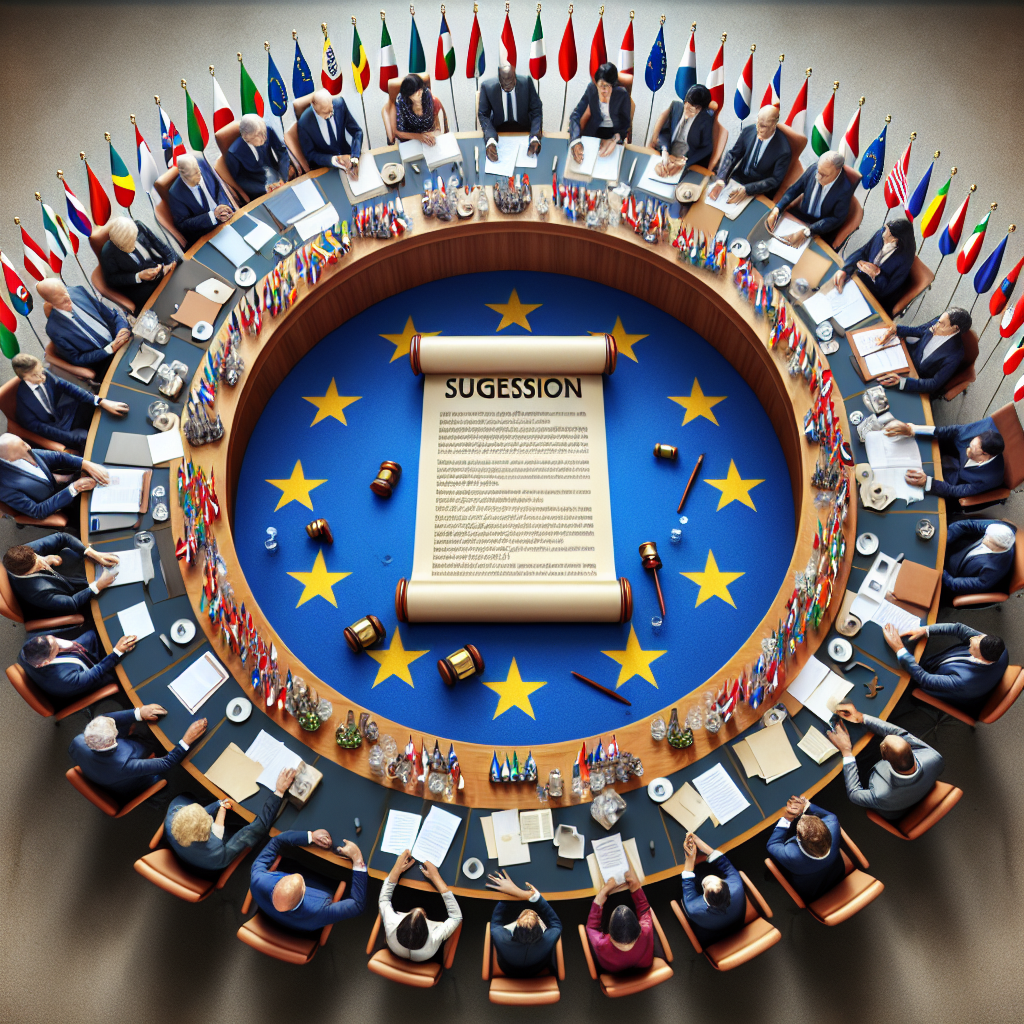Debate Intensifies: EU Rejects Zuckerberg's Censorship Claims
The European Commission refutes Mark Zuckerberg's claim that EU data laws censor social media. The Commission asserts that its regulations only mandate the removal of illegal content. Meta is revamping its U.S. fact-checking approach. Platforms must assess risk for any content moderation methods in the EU.

In a recent rebuttal, the European Commission firmly rejected claims made by Meta's CEO, Mark Zuckerberg, that European Union data laws censor social media platforms. Zuckerberg suggested these laws hinder innovation by requiring censorship.
The Commission clarified that their regulations, specifically the Digital Services Act, do not force platforms to remove lawful content. Instead, they target content that could be harmful, such as misinformation affecting children or democracy.
Meta announced a shift in its U.S. fact-checking strategy, moving towards a community-based note system. However, for implementation in the EU, platforms must conduct risk assessments and demonstrate effective content moderation, according to the Commission.
(With inputs from agencies.)
ALSO READ
Amber Heard calls social media "horrifying" in response to Blake Lively's harassment lawsuit
Akhilesh Yadav Criticizes UP's Safety Record via Social Media Subtlety
Mystery Surrounding RJ Simran Singh's Death Ignites Social Media Debate
Religious Tensions Erupt in Meghalaya: Social Media Post Spurs Outrage
Controversy Erupts Over Social Media Content Supporting Khalistan










